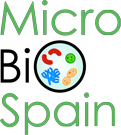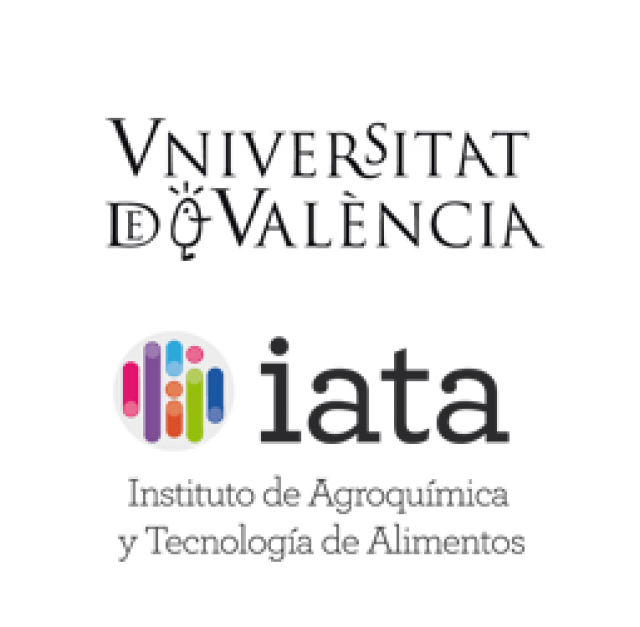- Institution: University of Valencia and Institute of Agrochemistry and Food Technology (IATA) – Spanish National Research Council (CSIC)
- Department/Service: Food Safety and Preservation (IATA)
- Location:
Institute of Agrochemistry and Food Technology (IATA)
C/ Catedrático Agustín Escardino Benlloch 7
46980 Paterna (Valencia/València) - Web: https://www.iata.csic.es/es/personal/rosa-aznar-novella
- Contact:
Rosa Aznar Novella
Phone number: (+34) 963543105 – (+34) 963900022 Ext. 2318
e-mail: rosa.aznar@uv.es – aznarr@iata.csic.es
Collection content
Microbial group/s: Bacteria
Total number of strains: 1230 (Lactic acid bacteria) y 341 (Pathogenic bacteria)
Taxa (number of strains):
Lactobacillus (351)
Lactococcus (15)
Leuconostoc (347)
Pediococcus (79)
Weisella (108)
Carnobacterium (47)
Enterococcus (281)
Oenococcus (1)
Streptococcus (1)
Listeria (159)
Samolmonella (93)
Bacillus (89)
Isolation source/Origin: Meat products, vacuum packed and refrigerated. Traditional fermented products of plant origin from South America. Ready-to-eat prepared foods.
Preservation method: Glycerol -20 / -80 °C
Information management: BioNumerics
Characterization level:
All of them have been identified and typified by molecular methods and we also have the databases with the electrophoretic profiles ISR (identification) and RAPDs (typing) in the database generated with the BioNumerics program.
Services
-Identification and biotechnological characterization of lactic acid bacteria.
-Development of qPCR methods for food pathogen detection.
-Validation of sanitation procedures in the food industry by detection of viable by qPCR (vqPCR).
Expertise
Key words:
PCR, pathogens, detection, identification, exopolysaccharides, vitamins, antimicrobials, functional foods
Summary:
-Quantitative detection by qPCR of foodborne pathogens (bacteria and enteric viruses), viable / infectious forms, altering bacteria of meat products and ochratoxigenic fungi.
-Validation and adaptation to the routine food analysis of PCR-based detection methods.
-Efficiency of processes applied in food industry (eg high pressures, active containers, ultrasound, etc.) for the elimination of pathogens (viruses and bacteria).
-Identification and typing by PCR-based techniques of new strains of lactic bacteria.
-Study of the biotechnological potential of lactic bacteria isolated from fermented products (production of exopolysaccharides, vitamins, antimicrobial activity ...) and its application in functional foods.

